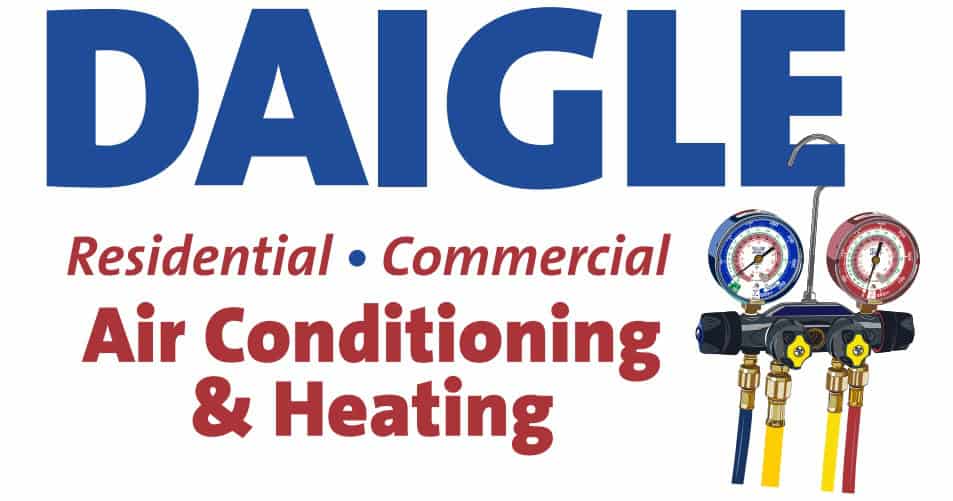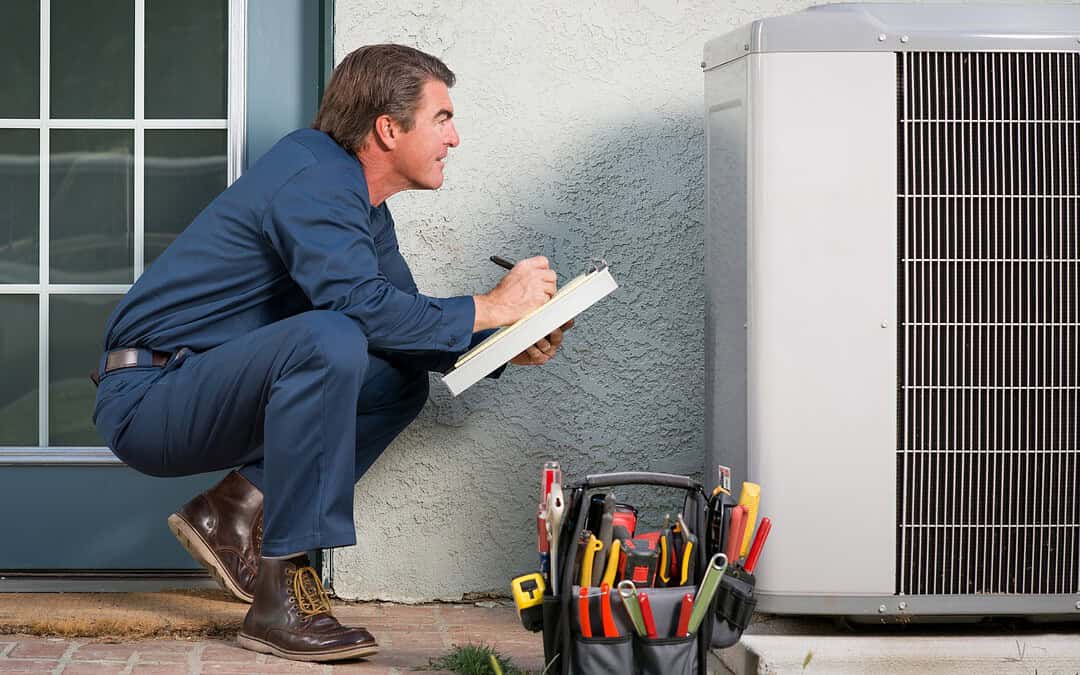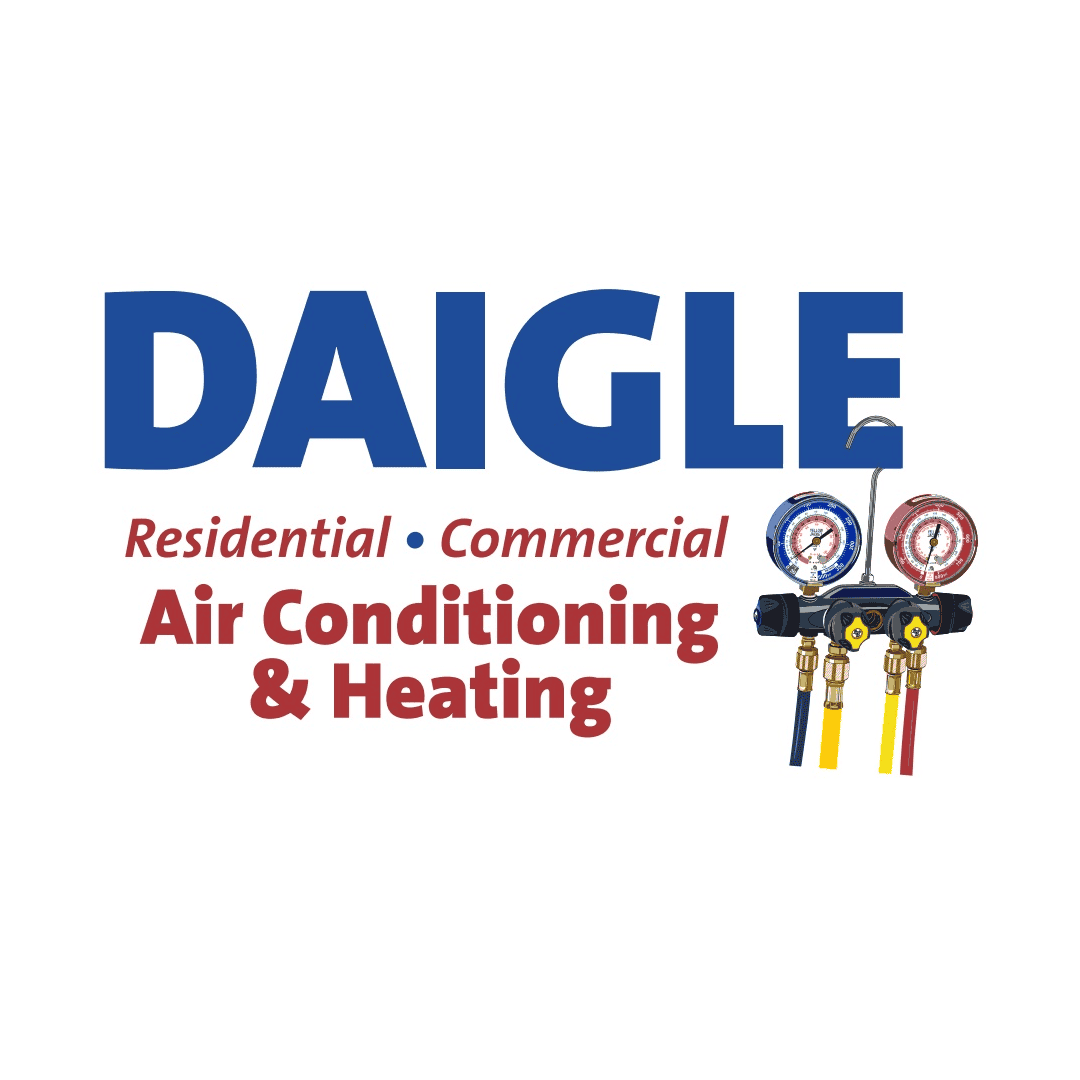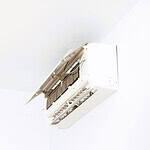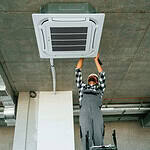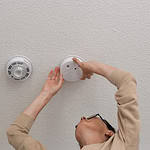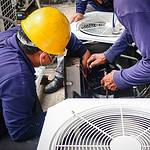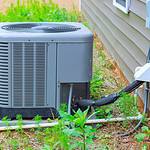Are you worried about the condition of your AC unit? As a homeowner or business owner, it’s crucial to be aware of the signs that your air conditioning system might be on the verge of failure. By identifying these hidden indicators early on, you can take proactive measures to prevent a complete breakdown, costly repairs, or discomfort during the sweltering summer months. In this article, we’ll delve into the ten hidden signs that your AC unit is about to give up and provide actionable tips on what to do when you encounter them.
Sign 1: Weak Airflow
When you notice weak airflow from your air conditioning vents, it could be a clear indication that your AC unit is struggling and you need an ac repair service to come take a look. Insufficient airflow makes it difficult for your system to effectively cool your home or business. There are several potential causes for weak airflow, such as clogged air filters, blocked ductwork, or a malfunctioning blower fan. To address this issue, start by checking and replacing your air filters regularly. If the problem persists, it’s advisable to seek assistance from a professional HVAC technician to diagnose and resolve the underlying cause.
Sign 2: Insufficient Cooling
Are you constantly adjusting the thermostat but finding it difficult to achieve the desired coolness? Insufficient cooling is a red flag that your AC unit may be on the brink of giving up. The reasons for this can vary, including refrigerant leaks, compressor issues, or even an undersized unit. To troubleshoot the problem, ensure that your AC vents are unobstructed and clean. If the issue persists, it’s best to consult an experienced HVAC technician who can accurately diagnose the problem and recommend the appropriate solution.

Sign 3: Strange Noises
Is your AC unit making unusual sounds that you’ve never heard before? Strange noises can be indicative of internal problems and should not be ignored. Pay attention to sounds like grinding, squealing, or banging, as they may signal a malfunctioning motor, loose components, or worn-out belts. While some noises can be resolved with simple adjustments, it’s crucial to have a professional assess your AC system to prevent further damage or a sudden breakdown.
Sign 4: Unpleasant Odors
If you detect unpleasant odors when your AC system is running, it’s important to investigate the cause. Foul smells can arise from mold or mildew growth within the unit or ductwork, or even due to trapped debris. These odors not only compromise indoor air quality but can also indicate potential health hazards. To tackle this issue, start by cleaning or replacing your air filters. If the problem persists, it’s advisable to schedule a thorough inspection and cleaning with a professional HVAC technician.
Sign 5: Frequent Cycling
Does your AC unit seem to be turning on and off more frequently than usual? This phenomenon, known as frequent cycling, can place excessive strain on your system and lead to premature failure. Common causes of frequent cycling include an oversized unit, a malfunctioning thermostat, or issues with the refrigerant levels. Check that your thermostat is functioning properly and consider consulting an HVAC technician to assess your system’s capacity and make any necessary adjustments.
Sign 6: Water Leaks
If you notice water pooling around your AC unit or excessive moisture on the walls or floors, it’s a sign of a potential problem. Water leaks can occur due to clogged condensate drain lines, damaged or disconnected drain pans, or a refrigerant leak. Ignoring these leaks can lead to significant water damage, mold growth, or even electrical hazards. Contact a professional HVAC technician to inspect and repair the leak promptly.
Sign 7: High Humidity Levels
Your AC unit not only cools the air but also plays a crucial role in controlling humidity levels within your space. If you find that your indoor environment feels excessively humid even when the AC is running, it’s a sign that your unit may be struggling. High humidity levels can result from an undersized or malfunctioning AC system, poor ventilation, or ductwork issues. Excess humidity can not only cause discomfort but also promote the growth of mold and mildew. To address this, ensure that your AC unit is properly sized for your space and consider using a dehumidifier if necessary. Consulting with an HVAC technician can help you identify the underlying cause and implement the appropriate solutions.

Sign 8: Escalating Energy Bills
Have you noticed a sudden increase in your energy bills without a corresponding change in usage patterns? Rising energy costs can be an indication that your AC unit is no longer operating efficiently. Factors such as aging components, refrigerant leaks, or improper maintenance can contribute to increased energy consumption. To tackle this issue, start by performing regular maintenance tasks like cleaning or replacing air filters. Additionally, consider scheduling professional maintenance to optimize your system’s performance and energy efficiency.
Sign 9: Age of the AC Unit
The age of your AC unit can provide valuable insights into its condition and potential for failure. Most air conditioning systems have an average lifespan of 10 to 15 years, depending on usage and maintenance. As your unit approaches or surpasses this age range, it becomes more susceptible to breakdowns and decreased efficiency. If your AC unit is nearing the end of its expected lifespan and you have been experiencing frequent issues, it may be more cost-effective to consider a replacement rather than investing in repeated repairs. Consult with an HVAC professional to evaluate the condition of your unit and explore your options.
Sign 10: Frequent Repairs
Are you finding yourself calling for AC repairs more often than you’d like? Frequent breakdowns and the need for repeated repairs can be a telltale sign that your AC unit is reaching the end of its lifespan. While occasional repairs are normal, a pattern of recurring issues can indicate significant underlying problems. Consider the frequency and cost of repairs in relation to the age of your unit. In some cases, investing in a new, more reliable system may prove to be a more practical and cost-effective long-term solution.
By recognizing these ten hidden signs that your AC unit is about to give up, you can take proactive steps to address the issues before they escalate into major problems. Regular maintenance, timely repairs, and knowing when to consider a replacement can help you avoid discomfort, costly repairs, and unnecessary energy expenses. Remember to consult with a professional HVAC technician for accurate diagnostics and appropriate solutions tailored to your specific situation. Taking care of your AC unit ensures a cool and comfortable environment for your home or business, even during the hottest months of the year.
- About the Author
- Latest Posts
Founded in 2006, Daigle A/C & Heating has grown from a small startup to a multi-state operation through dedication to detail and quality workmanship. Specializing in air conditioning and heating solutions, the company not only serves residential and commercial clients but also holds contracts with various U.S. Government outlets.
